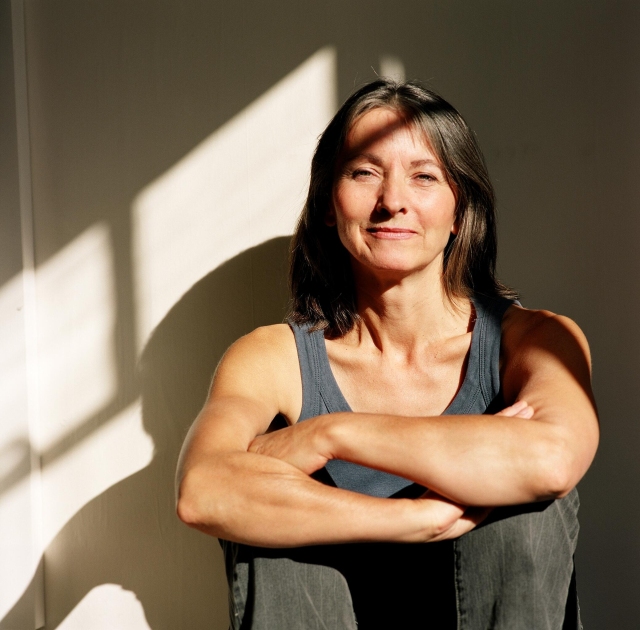Many of our lives metamorphose into something else as we get older and that’s as true of singer-songwriter Catherine Howe as anyone and so for her recording career visit her website http://www.catherinehowe.co.uk or try the links at the foot of this page.
However, the primary focus of this webpage is on Catherine’s other life as a historian and in particular the publication of her third book, ‘London Story 1848’, a fascinating exploration of Chartism in the so-called Year of Revolution and an incidental paper setting out the contemporary references she uncovered while researching Chartism of the relationship between the Chartist Leader Feargus O’Connell and the actress Louisa Nisbett.
Catherine Howe’s biography is as follows:
Went to drama school in 1962 at the age of twelve. Worked as an actor: Nottingham Playhouse (1966); parts in Wednesday Play (1967); Theatre 625 (1967); Dr Who (1967); Dixon of Dock Green; Z Cars; and other BBC and independent television shows in the 60s. Signed first song publishing agreement with Andrew Miller (founder of Nordoff-Robbins Music Therapy) in 1969; recorded first album What a Beautiful Place in 1971. In the mid-70s sang Italian film scores for Piero Piccioni and Ennio Morricone. Wrote and recorded albums Harry and Silent Mother Nature for RCA Records 1975-1977. Received Ivor Novello award for the song Harry in 1975. Started studying with the Open University in 1994 and gained a degree in History with Religious Studies in 2000. Since 2000 has released three more albums of song and written three books, Holyoake’s Journey of 1842; Halifax 1842; and London Story 1848.
Clicking on the discography and her CD covers below will take you to the details of her recording career.










